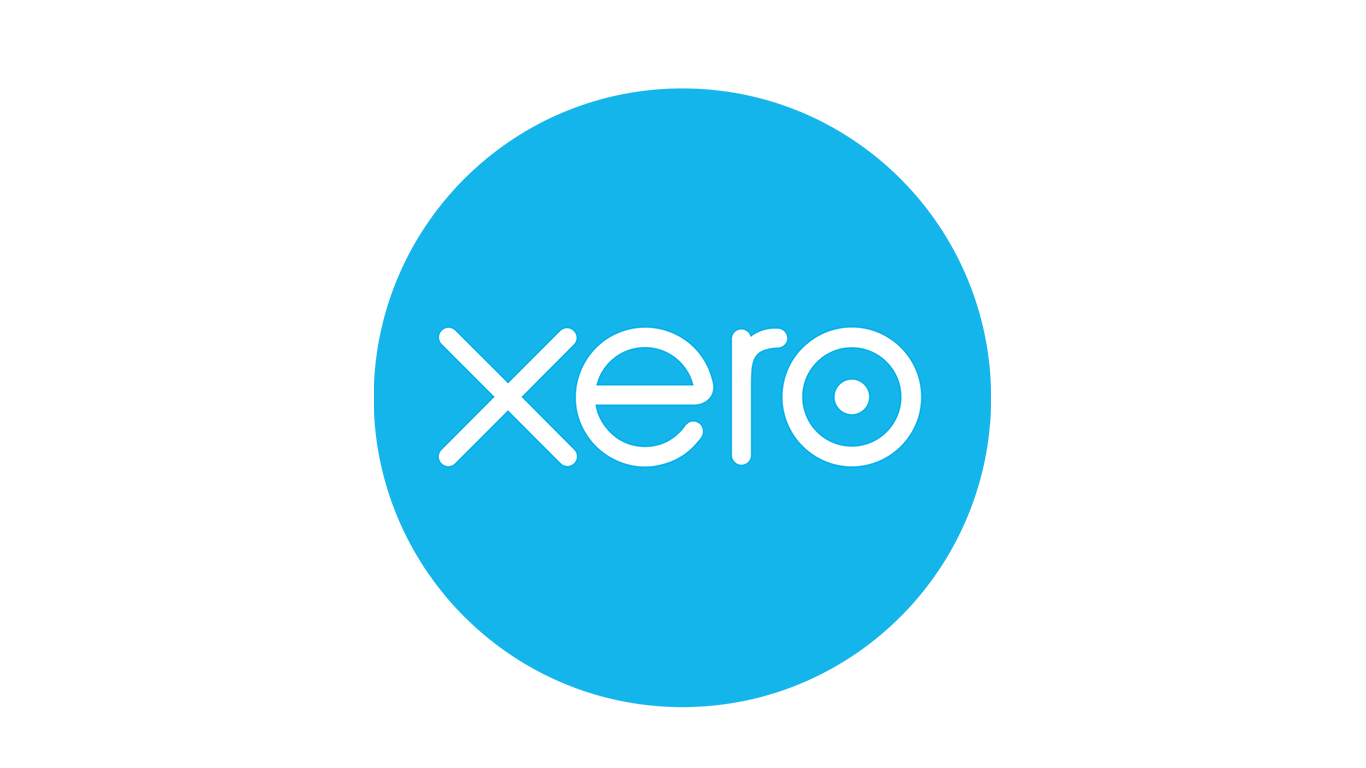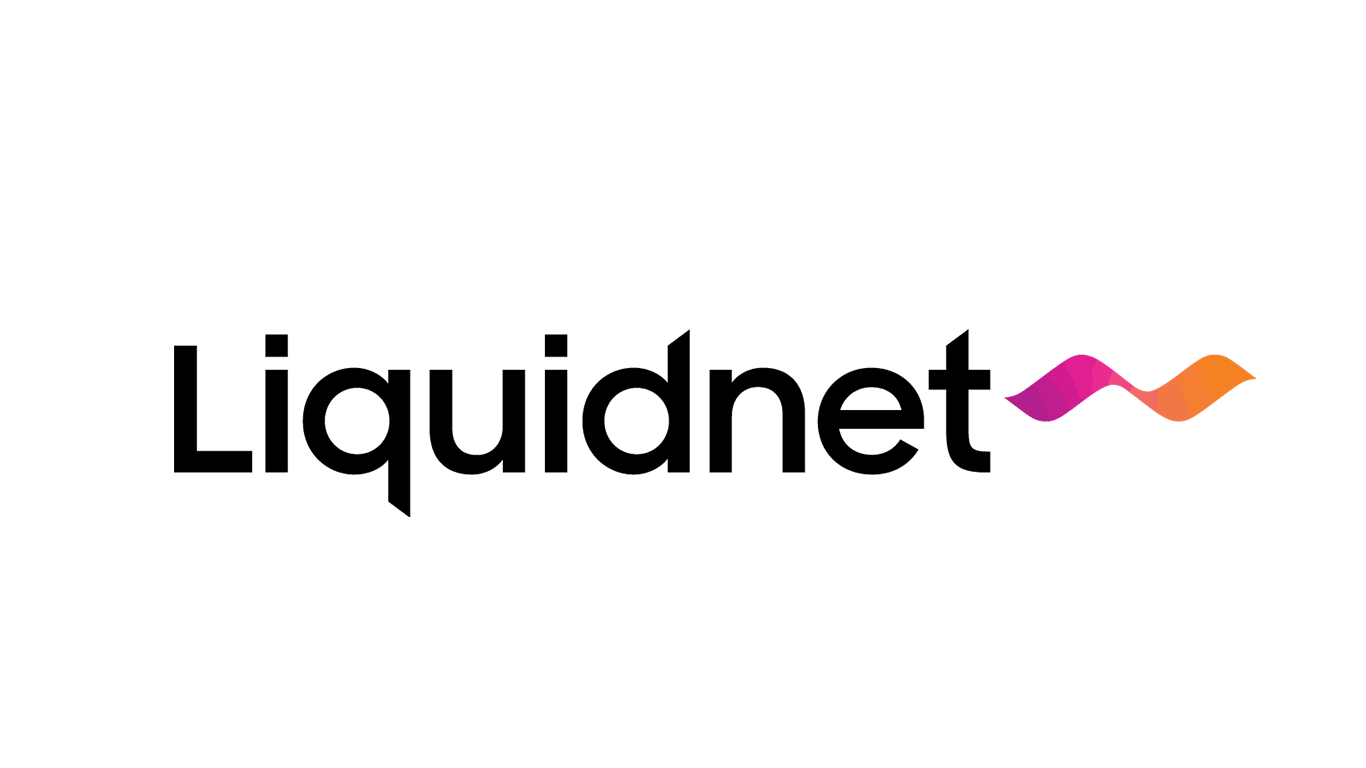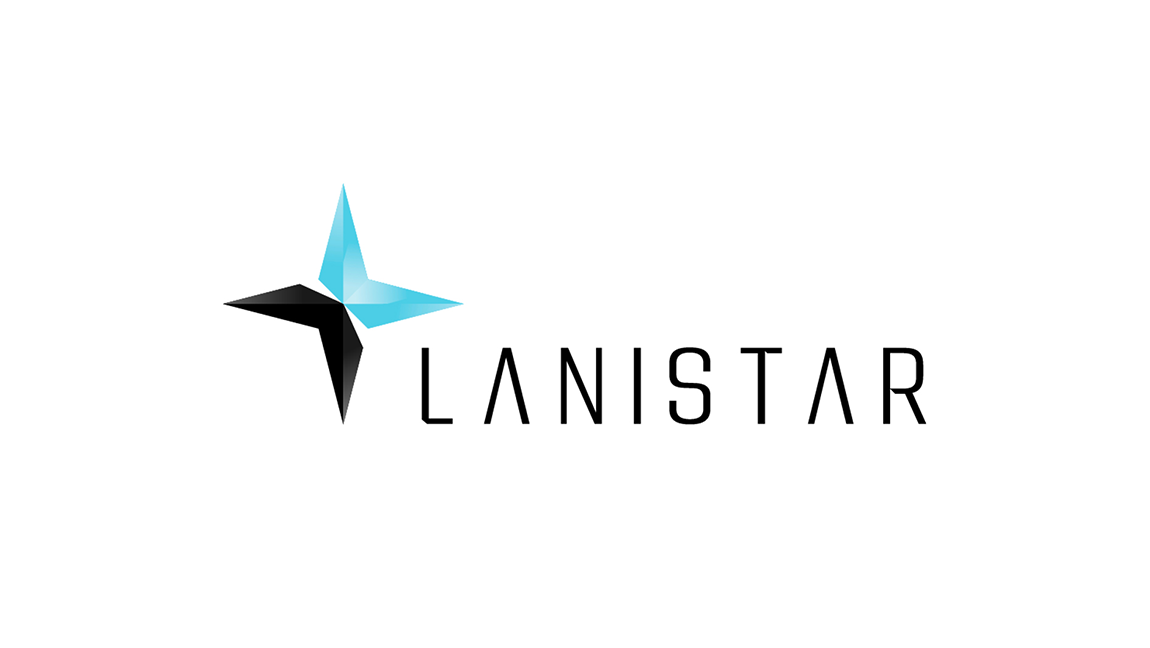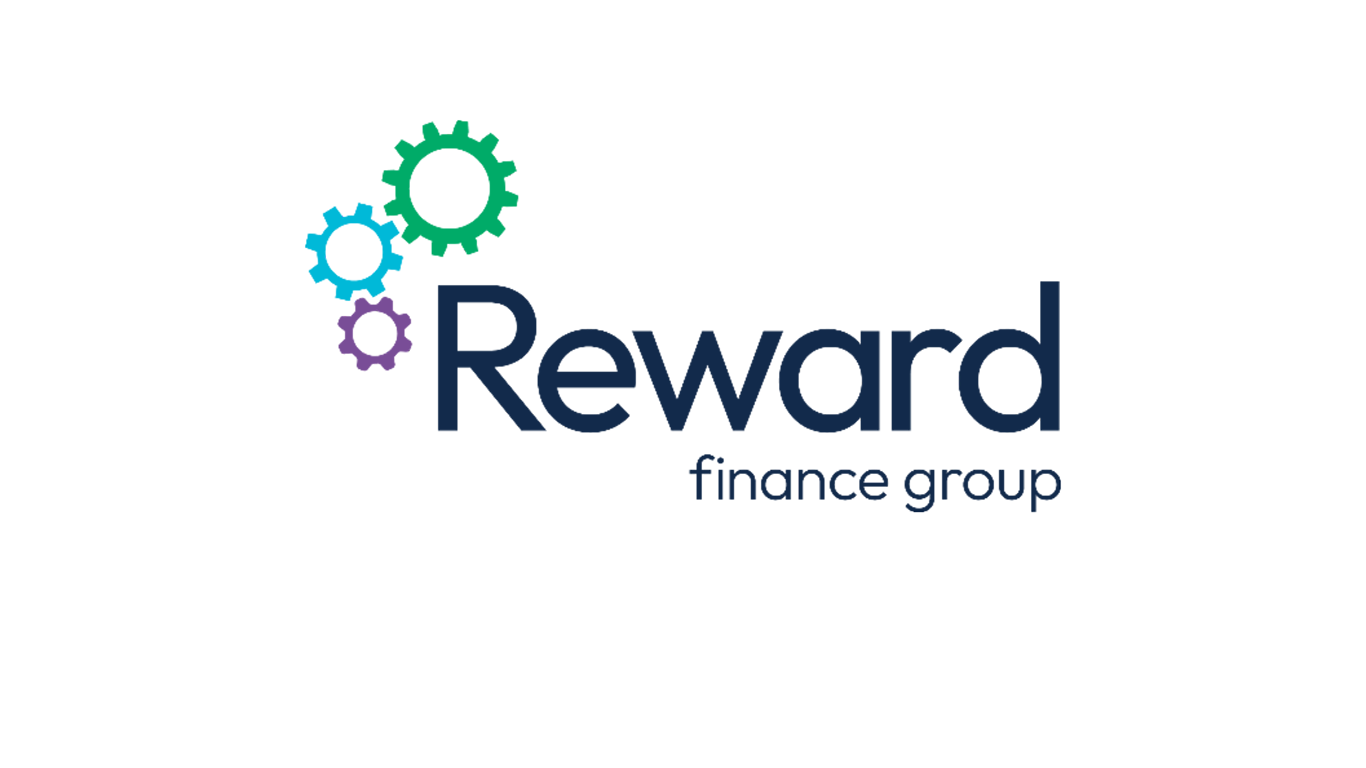Published
- 02:00 am

Xero, the global small business platform, today announced it is partnering with Flinks, a leader in open banking, to give small businesses in Canada and the United States secure access to more than 20 direct bank connections and high quality transaction data.
The increased access for Xero customers to North American financial institutions can help small businesses and advisors to recoup time previously spent on manual data entry and reconciliation.
With the largest network of financial institution partners with live direct bank API connections in North America, Flinks will provide new and secure high quality bank feeds for customers in the US and Canada. For customers this will include, but not limited to, direct bank feeds with the National Bank of Canada and EQ Bank, as well as US based banks.
“Bank reconciliation is essential for every small business, bookkeeper and accountant, but manually entering transaction data takes precious time away from running the business and introduces room for error,” said Faye Pang, Country Manager, Canada at Xero. “Our partnership with a Canadian grown success story, Flinks, is just one more way we are expanding our bank feeds coverage to help provide Canadian small businesses with better visibility of their money coming in and going out.”
“Seamlessly getting data into the Xero platform is very important for small business success,” said Ben Richmond, Country Manager, United States at Xero. “Xero is committed to continually improving US and Canadian bank feeds in response to customer feedback, and tackling the broader industry challenge of getting reliable banking data into accounting platforms in North America.”
Xero and Flinks understand the benefits of open banking and are dedicated to the implementation of solutions that make doing business easier, making the partnership seamless from both a technical and cultural perspective. Both businesses continue to champion the benefits and role open banking will continue to play in guiding the responsible use of data and providing improved outcomes for small businesses — including reliable bank feeds.
“We strongly believe the benefits open banking will provide for consumers and businesses. This partnership is proof of that,” said Frédérick Lavoie, Co-founder & COO, Flinks. “Along with our commitment to expanding our direct bank network, we are excited to work with Xero to empower businesses to take their financial operations to the next level.”
As new banks enter the market or improve their bank feeds, and Flinks makes new API feeds available, the partnership means Xero’s customers can benefit from these faster than ever.
Related News

Dr Scott Zoldi
Chief Analytics Officer at FICO
Like Sam Altman himself, I was quite surprised by the recent whirlwind speed of OpenAI’s see more
- 08:00 am

The payments industry is set to celebrate its most prestigious event of the year: The Card and Payments Awards (TCPA) 2024. TCPA announces the shortlist for this spectacular event. Discover the frontrunners.
Join the Celebration of Innovation and Success
On February 1st, 2024, join a gathering of industry leaders and innovators at the forefront of payments and financial services. This prominent awards and networking event, TCPA 2024, will host over 1100 attendees from more than 100 companies. It presents a unique opportunity to network with decision-makers from the industry’s most forward-thinking organizations.
Book Your Table Today
To ensure your presence at this exclusive event, book your table now. Availability is limited, and demand is high. Explore our limited Sponsorship options for maximum exposure.
Exclusive Table Packages
- Bronze Table of 10 Package - £4,500 + VAT
- Champagne reception, 3-course meal, standard drinks, sustainable take-home bag, access to the Winner's Party, half-page colour advert in Awards Programme.
- Silver Table of 10 Package - £6,500 + VAT
- All Bronze benefits plus preferential table position, branded table place names, half-page advert in digital winner's magazine.
- Gold Table of 10 Package - £8,500 + VAT
- All Silver benefits plus VIP Champagne Reception, premium table position, VIP drinks, professional photo, award presentation opportunity, digital advertising, social media mentions, full-page adverts in Awards Programme and winner's magazine.
Limited Sponsorship Packages
Enhance your brand's visibility at the TCPA 2024 by becoming a sponsor. Sponsorship includes VIP treatment, marketing exposure, and more. Limited slots are available, so act swiftly to be a part of this grand event.
Contact for Sponsorship and Bookings
- Email: alex@cardandpaymentsawards.com
- Mobile: +44 754829 2018
- Quick Book Link: [Book a Meeting with Alex]
Don't miss out on the opportunity to celebrate with your team, partners, and clients. Book your table through the TCPA website or contact the team for invoicing options.
Related News

Eddie Harrison
CPO and co-founder at Paytrix
The Great Rebundling see more
- 03:00 am

External fraud has entered the ORX Top 5 operational risks table, above business continuity and regulatory compliance. AI has been cited as key to driving this increase, as it fuels more sophisticated and harder to detect fraud schemes, successful at bypassing controls.
The findings were published in a report from ORX, the world’s largest operational risk association which works with over 125 banks and insurers globally.
According to the report – Top Risk Review – the top four rankings of Information Security (incl. Cyber), Third Party, Technology and Data Management have remained unchanged since May 2022. All four top risks reflect continuing digital transformation in financial institutions, which is heavily impacting these scores.
| Top Risk Review (May 2022) | Top Risk Review (Nov 2022) | Top Risk Review (June 2023) | Top Risk Review (Nov 2023) |
1st | Information Security (including Cyber) | Information Security (including Cyber) | Information Security (including Cyber) | Information Security (including Cyber) |
2nd | Third Party | Third Party | Third Party | Third Party |
3rd | Technology | Technology |
Technology |
Technology |
4th | Data Management | Data Management | Data Management | Data Management |
5th | People | People | Regulatory Compliance | External Fraud |
Figure 1: The top five ranked risks from the last four Top Risk Review surveys
Steve Bishop, ORX's Director of Research and Information explains:
“There appears to be a race to implement artificial intelligence for ‘good’ and ‘bad’. Although the firms we work with do not appear to be suffering major cyber breaches, criminals continue to use AI in an attempt to circumvent security controls. This threat results in increased pressure to have robust prevention and detection measures in place.”
“Now more than ever it is crucial to keep defences robust in light of new and emerging technology.”
Information Security (incl. Cyber) continues to dominate first position
Despite Information Security topping the survey for the last four years, indications this year are that it is now being managed more effectively. Regardless, threat levels remain high with awareness of the potential impact of just one successful attack to an organisation’s operational resilience.
External Fraud risk enters the top five for the first time in two years
External Fraud now enters the top five for the first time since November 2021, replacing Regulatory Compliance. Survey participants consistently called out an increasing frequency of fraud and scam events, in particular those targeting customers, as the key reason for scoring the risk highly. Economic pressures and the growing perception of fraud's increasing profitability were also key factors.
Rapid development of AI is creating both opportunities and threats
According to the survey, the use of AI is lowering the barriers to entry, resulting in increasingly difficult to detect fraud methodologies. Banks and Insurers expressed concern around upcoming or potential changing customer reimbursement rules and regulations in some regions/jurisdictions.
The report revealed a sense of urgency in adopting AI, seeing it as part of the methodologies of fraudsters and the decision-making and critical business functions of competitors. However, respondents acknowledged that the use of AI comes with a range of associated risks, from compliance challenges to validation of AI models.
Third parties are a potential vulnerability
Reliance on third parties to perform business critical tasks and processes continues to place significant elements of control environments and risk exposure areas outside the direct control of organisations themselves. Concerns around the robustness of third parties’ risk management practices, combined with a strong regulatory focus on third party-related risks, have reinforced Third Party risk’s position as the second-highest ranked risk with a growing gap down to third place.
Related News
- 07:00 am

Liquidnet, a leading technology-driven agency execution specialist, and bondIT, a leading provider of next-generation investment technology, announced today their partnership to integrate bondIT’s Scorable Credit Analytics into Liquidnet’s Fixed Income electronic trading platform. The collaboration aims to empower traders to anticipate market trends, mitigate credit risk and make informed investment decisions faster.
Leveraging data science, Explainable AI (XA) and Machine Learning expertise, bondIT’s Scorable enables fixed income investors to anticipate changes in credit ratings and spreads, and identify investment opportunities ahead of the market. With this integration, the 700+ fixed income Member firms who currently have access to Liquidnet’s primary and secondary market trading protocols for corporate bonds, will gain access to valuable insights and a more informed view on credit markets directly within their Liquidnet application.
Nicholas Stephan, Global Head of Fixed Income Product and Partnership Programs at Liquidnet, said: “We are thrilled to be able to enrich the Liquidnet platform with a service of Scorable’s caliber. With this integration, our goal is to give access to crucial information to investment firms of all sizes. Our Members will have seamless access to a wide range of credit data giving them an extra edge ahead of making their trading decisions.”
Amidst the most attractive yields in more than a decade, investor demand for fixed income has surged notably in recent months. However, rising concerns over credit risk in a challenging economic and geopolitical climate emphasizes the need for careful investor choices.
Dr. David Curtis, Head of Global Client Business at bondIT, who emphasized the significance of this collaboration, added: “Bonds are back, but so is risk. Technology becomes an ever more important ally in this dynamic financial landscape. The synergy between bondIT’s AI-driven Scorable Credit Analytics and Liquidnet’s platform empowers traders with actionable insights, enabling them to stay ahead in today’s volatile markets."
This latest collaboration represents one of many new additions planned that highlights Liquidnet’s commitment to advance its Liquidnet Credit offering beyond an execution system.
Related News
- 01:00 am

Tamara, the leading fintech platform to shop, pay and bank in Saudi Arabia and the wider GCC region, has achieved the historic milestone of becoming the Kingdom’s first homegrown fintech unicorn by securing $340 million in a Series C equity funding round.
This round was co-led by SNB Capital, the leading regional financial institution, and Sanabil Investments, a wholly owned company by the Public Investment Fund (PIF) with participation from Shorooq Partners, Pinnacle Capital, Impulse and others, joining existing investors such as Coatue, Endeavor Catalyst and Checkout.com. It is also among the largest investments in a fintech company in the region, following on from last month when the Company secured additional debt financing to upsize its warehouse facility to up to $400 million, led by Goldman Sachs and Shorooq Partners. With this transaction, Tamara will have raised a total of $500 million in equity funding, and well above $400M in debt financing since its inception in late 2020.
Tamara operates in KSA, where it is headquartered, UAE and Kuwait and has more than 10 million users, over 30,000 partner merchants and reported six times annual run rate revenue growth in less than two years. The Company was established in late 2020 and founded by three Saudi co-founders, Abdulmajeed Alsukhan, Turki Bin Zarah and Abdulmohsen Al Babtain. It was also one of the first companies to be granted a permit to provide BNPL services from the Saudi Central Bank (SAMA).
Abdulmajeed Alsukhan, Co-founder, and CEO of Tamara said: “Saudi Arabia deserves its place on the world stage for financial technology. Just as Tamara was created by local entrepreneurs, nurtured by a supportive local ecosystem and market regulators, we stand here today, humbled and hungry, ready for our own leapfrog moment. This achievement is a testament to the ecosystem, to our incredible team, investors, and the collaborative spirit that makes this region a great place for talent to flourish. As we set our sights on becoming the next big giant in shopping, payments and banking we remain ever grateful for the significant opportunity in this underpenetrated and underserved banking and financial services landscape. Furthermore, The Saudi Central Bank (SAMA) has been instrumental in creating an enabling environment for Saudi companies like Tamara to grow and innovate in the Saudi fintech sector.”
A spokesperson from SNB Capital stated, “Leading on the Series C raise for Tamara through SNB Capital's Close-Ended Fintech Fund aligns with one of our objectives to invest in single target companies achieving long-term capital appreciation. Fintech is one of the core investment sectors in SNB Capital’s strategic portfolio and is aligned with the Kingdom’s Vision 2030 objective of supporting fintech entrepreneurs at every stage of their development. As a Saudi unicorn Tamara requires significant funding options which SNB Capital is ideally positioned to deliver, and backing the development of the fintech infrastructure which will support further growth.”
A spokesperson from Sanabil Investments added, “Our continued backing and investment in Tamara underscores our unwavering confidence in Tamara’s remarkable growth trajectory. At Sanabil, one of our missions is to empower visionary ideas, turning them into impactful realities. We constantly seek innovations that address pressing market demands while ensuring scalability and sustainability. In Tamara, we have discovered a team with the potential to revolutionize financial services, not only within Saudi Arabia but on a regional scale.”
Recently, Tamara has taken the decision to remove late payment fees, highlighting its dedication to offering financial solutions that align with Sharia principles, customer centricity and transparency. Tamara consistently strives to uphold a socially responsible business ethos, and this change is a testament to its ongoing commitment to boosting customer satisfaction, ensuring a seamless, compliant and reliable financial journey for everyone.
The Company’s offering makes it a commerce enabler to its partners through the surge in high intent shoppers resulting from co-marketing and a flexible, seamless payment journey. Tamara’s partners include regional and global brands such as SHEIN, IKEA, Jarir, Noon, eXtra and Farfetch as well as local small and medium businesses. Today, over one-third of Tamara’s users start their shopping journey from the app itself, which leads to a significantly higher return on advertising spend for Tamara’s partner merchants.
Saudi Arabia, and the GCC, are experiencing a rapid and unprecedented growth despite the challenging global macroeconomy. Tamara’s vision goes in parallel to this growth, believing future opportunities are significant with the fintech sector booming across the region. The current lending penetration in Saudi Arabia stands at around 30%, indicating a tremendous growth potential compared to mature markets like Europe, the US or Australia where figures range between 50% to 70%. The region presents abundant opportunities, as cash on delivery commands a significant share of checkout in a thriving e-commerce market, and as the banking sector evolves from its traditional practices.
Buy Now, Pay Later (BNPL) is growing rapidly in Saudi Arabia, with the number of customers registered with a service going from 76 thousand in 2020, to 3 million in 2021, and reaching 10 million in 2022, according to the SAMA Fintech 2022 report. With nearly 30% of the population using BNPL, the industry is being driven by a number of factors, including the increasing popularity of e-commerce. Furthermore, the digital payment volumes are forecasted to grow by 20% CAGR till 2025, reaching 13 billion transactions with a total value of $170 billion.
Related News
- 04:00 am

A new report published today by Mobey Forum’s Payments Expert Group has identified the unique growth drivers and opportunities that embedded finance offers financial institutions.
The report, entitled Embedded Finance: Transforming The Banking Value Chain, explores how financial institutions can capture more of the embedded finance value chain to gain strategic advantage, boost revenues and defend against disintermediation.
Embedded finance is already rapidly gaining momentum. It is forecast to realise transaction values of USD $7 trillion in the U.S. alone by 2026, while in Europe, embedded finance is expected to account for up to 15% of revenues by 2030.
The Mobey Forum report explores how financial services can be integrated to enhance and complement third-party service offerings from both banking and non-banking providers. This creates a convenient end-to-end journey with minimal friction for the end user, enabling access to financial products without leaving the retail or corporate environment.
“Today, banks typically produce the financial products and set up the distribution channels, but they don’t own all the interfaces, especially in ecommerce,” said Elina Mattila, Executive Director, Mobey Forum. “The result is that customers need to leave retail settings to visit the bank channels, adding huge amounts of friction.
“Embedded finance enables banks to integrate financial products and services directly into retailers’ sales channels, in other words, right at the heart of the customer journey, providing trusted financial services in a convenient, familiar environment. Our report highlights how banks can optimise their engagement with this high growth area, by expanding and cementing their roles in the value chain."
Tuire Mäkelä, Strategic Commercial Manager at Nordea and Co-Chair of the Expert Group, added: “Embedded finance offers significant revenue opportunities to banks willing to adjust their thinking and capture more of the value chain. They can set up marketplaces and become distributors for retailers of financial and non-financial products, accessing a larger share of revenue within or across verticals.
“By connecting directly with customer-facing third parties, they can scale up quickly and potentially realize additional revenue opportunities of anywhere between 10% and 100% of the total value created within the value chain.”
The Mobey Forum report is based on input from Mobey Forum’s members, who are subject matter experts and practitioners working within the banking and payments landscape, to analyse trends, opportunities and risks.
Related News
- 03:00 am

Innovations in fintech continued to evolve over the course of 2023. Leading into 2024, Gen Z continues to lead the way with fintech service adoption as digital wallet use surges, and the adoption of AI advances the industry. Talk of super app development circulated across Europe in 2023, leaving many curious about what 2024 may bring and what these new trends and developments may look like. Jeremy Baber, CEO of Lanistar, outlines some key trends which will directly impact the fintech Industry as we reach 2024.
Baber states: “In 2023, fintech demonstrated that they were a leading contributor to sustainability initiatives tackling the climate crisis, but they must also lead by example in addressing their carbon footprint issues.
“The fintech industry must embrace the value of sustainability and continue to steer clear of greenwashing. In 2024, governments must support fintech development to allow for a move away from legacy (resource-heavy) services and encourage the industry to support green businesses through loans/credit with preferential rates and other incentives. With government support, fintech can take a step in the right direction concerning sustainable practices.
"Much has been made of the capabilities and limitless potential of artificial intelligence (AI) throughout 2023. From threatening our jobs to powerful new solutions – AI is reshaping every sector. Yet, proposed AI regulations leading into 2024 are poised to further disrupt the payments industry.
Baber added: “AI undoubtedly improves customer experience, and any proposed regulation will have to preserve, rather than damage the service it offers customers. AI developments enhance credit and application approval processes to streamline the customer journey. Once again, it is crucial for regulation to not be overly bureaucratic or act as a hurdle for fintech’s to negotiate. Instead, regulation must sure-up trust amongst businesses and users whilst at the same time allowing the power of AI to continue improving the customer experience.
“The Banking of Things (BoT) will be much more accessible and scalable for the fintech industry in 2024. With the development of cloud computing, the broad adoption of mobile technologies, the digitisation of payments and the increasing number of smart devices consumers have access to."
“This emerging trend has the potential to create a range of possibilities for consumers and banks alike. In 2024, for fintech to benefit from BoT, device manufacturers and leading tech developers must work together to standardise and improve IoT practices to pave the way for BoT. Rising inflation and economic instability in 2023 have forced fintech’s to enhance customer centricity and innovation while prioritising cost efficiency and profitability over rapid growth.
"The economic instability in the UK will negatively impact fintech in 2024 as the ability for investors to support the industry is diminishing due to the higher cost of funds. In order to progress, the UK Government needs to recognise the long-term benefit of the sector and support investment in the industry.”
Baber concludes: “As we look to 2024, AI development will have the biggest impact across the fintech industry, maximising customer experience and data security, helping the sector grow. The UK Government must recognise the value of the fintech industry as we enter the new year, supporting investment and green business. Digital payments continue to dominate the payments scene, and exciting advancements will emerge across the fintech industry in 2024.”Innovations in fintech continued to evolve over the course of 2023. Leading into 2024, Gen Z continues to lead the way with fintech service adoption as digital wallet use surges, and the adoption of AI advances the industry. Talk of super app development circulated across Europe in 2023, leaving many curious about what 2024 may bring and what these new trends and developments may look like. Jeremy Baber, CEO of Lanistar, outlines some key trends which will directly impact the fintech Industry as we reach 2024.
Baber states: “In 2023, fintech demonstrated that they were a leading contributor to sustainability initiatives tackling the climate crisis, but they must also lead by example in addressing their carbon footprint issues.
“The fintech industry must embrace the value of sustainability and continue to steer clear of greenwashing. In 2024, governments must support fintech development to allow for a move away from legacy (resource-heavy) services and encourage the industry to support green businesses through loans/credit with preferential rates and other incentives. With government support, fintech can take a step in the right direction concerning sustainable practices
"Much has been made of the capabilities and limitless potential of artificial intelligence (AI) throughout 2023. From threatening our jobs to powerful new solutions – AI is reshaping every sector. Yet, proposed AI regulations leading into 2024 are poised to further disrupt the payments industry.
Baber added: “AI undoubtedly improves customer experience, and any proposed regulation will have to preserve, rather than damage the service it offers customers. AI developments enhance credit and application approval processes to streamline the customer journey. Once again, it is crucial for regulation to not be overly bureaucratic or act as a hurdle for fintech’s to negotiate. Instead, regulation must sure-up trust amongst businesses and users whilst at the same time allowing the power of AI to continue improving the customer experience.
“The Banking of Things (BoT) will be much more accessible and scalable for the fintech industry in 2024. With the development of cloud computing, the broad adoption of mobile technologies, the digitisation of payments and the increasing number of smart devices consumers have access to."
“This emerging trend has the potential to create a range of possibilities for consumers and banks alike. In 2024, for fintech to benefit from BoT, device manufacturers and leading tech developers must work together to standardise and improve IoT practices to pave the way for BoT. Rising inflation and economic instability in 2023 have forced fintech’s to enhance customer centricity and innovation while prioritising cost efficiency and profitability over rapid growth.
"The economic instability in the UK will negatively impact fintech in 2024 as the ability for investors to support the industry is diminishing due to the higher cost of funds. In order to progress, the UK Government needs to recognise the long-term benefit of the sector and support investment in the industry.”
Baber concludes: “As we look to 2024, AI development will have the biggest impact across the fintech industry, maximising customer experience and data security, helping the sector grow. The UK Government must recognise the value of the fintech industry as we enter the new year, supporting investment and green business. Digital payments continue to dominate the payments scene, and exciting advancements will emerge across the fintech industry in 2024.”
Related News
- 07:00 am

Alternative finance lender, Reward Finance Group, has further strengthened its presence in London and the South East by appointing a new business development director to support its continued growth.
Shami Sharma joins Reward having worked within the financial sector for over 40 years. He spent the majority of his early career in banking roles at Natwest and Metro Bank before moving more recently into the alternative lending space.
With Reward providing property investors and SMEs across the capital and wider region with tailored business finance loans and asset based solutions of up to £5m, Shami will play a key role in further bolstering its network of commercial finance brokers and other intermediaries.
Given the consecutive interest rate hikes over the past year and subdued lending by banks, Shami will also be working closely with property investors and SMEs to help them fund expansion plans, innovate or overcome a short-term financial hurdle.
Commenting on his new role, Shami said; “Reward has quickly established itself as one of the leading alternative finance providers across London and the South East. The pace of lending and the flexibility they offer to property investors and SMEs appealed to me, as it is vital in the current climate to provide support in overcoming economic pressures and generate growth.”
Simon Adcock, Reward’s regional director in London and the South East, added; “We’re building a hugely talented team here in London and Shami will be a fantastic addition. It is great to welcome someone with his banking and lending experience.
“The wealth of finance and vertical sector knowledge he brings to the role will be a real advantage in a borrowing market that has been heavily impacted by economic and political uncertainty.”









